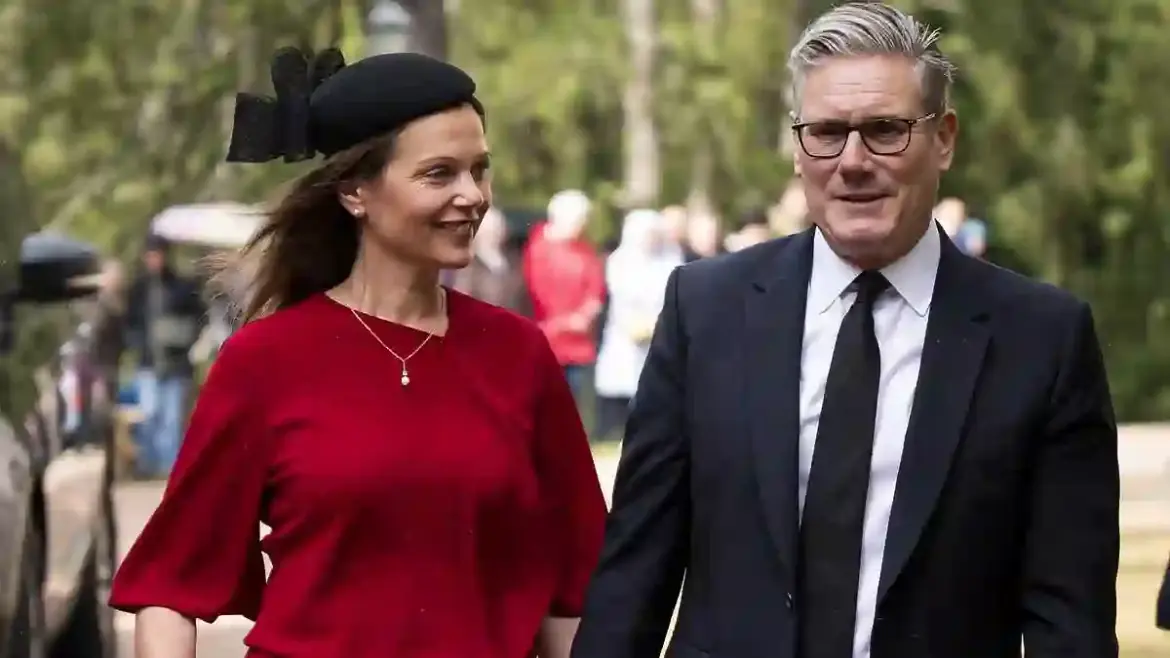After a bruising few weeks inside Labour, Prime Minister Keir Starmer has shaken up his Cabinet in a bid to steady the ship and refocus on economic growth.
The reshuffle, carried out after Angela Rayner’s dramatic resignation, has injected a wave of so-called “Blairites” into top government roles.
With Nigel Farage’s Reform UK breathing down Labour’s neck in the polls, Sir Keir appears to be nudging his government toward the centre-right—placing business growth and economic reform front and centre.
A Pro-Business Push
Insiders suggest that Labour will now look to ease some of the pressure businesses face, particularly around costly Net Zero regulations, which many argue have slowed activity.
At the same time, Pat McFadden, the new Work and Pensions Secretary, is preparing yet another attempt to bring down Britain’s ballooning welfare bill—something Labour MPs rejected the last time it was proposed.
Peter Kyle, who has stepped into the role of Business Secretary, wasted no time making his priorities clear.
As he heads for talks in the US and China this week, he declared: “My mission is to drive forward economic growth and give businesses across the country the opportunities they need to thrive.”
Workers’ Rights Under the Spotlight
Not everyone is convinced this reshuffle will work out smoothly.
Angela Rayner had been a champion of stronger employment protections and strike rights—policies now hanging in the balance.
Many firms, however, are hoping her departure signals a softer approach.
Defence Minister Luke Pollard, making the media rounds, tried to reassure unions and the public: “We’re not rowing back on workers’ rights.
Any changes will be about strengthening them, not weakening them.”
He stressed that Labour remains committed to delivering the biggest upgrade in rights “for a generation.”
Still, unions aren’t entirely buying it. With the Unite union openly threatening to cut off funding and the annual union conference looming, Labour faces a delicate balancing act.
Growing Discontent Inside Labour
Even within Labour’s own ranks, frustration is building.
Dame Emily Thornberry, seen as a potential deputy leader contender, praised Starmer’s international record but said his domestic performance was falling flat.
“We’re doing well on the world stage, but at home things just don’t seem to be working.
The public only hear about mistakes—not the homes being built, the green investments, or the wage growth,” she warned.
She didn’t hold back on the stakes either, reminding colleagues that Labour’s massive majority is now slipping away, with support dipping to just 20 per cent in some polls.
“We can’t afford to keep making mistakes,” she said bluntly.
The Balancing Act Ahead
Behind the scenes, government figures admit there’s tension between pursuing Net Zero and kickstarting growth.
By merging business and energy portfolios under Michael Shanks, Labour is signalling that economic recovery will take priority.
As one insider put it: “Keir has put reformers in key departments to tear down barriers and unleash the economy’s potential.”
But with unions gearing up for a fight, internal critics sharpening their knives, and Reform UK rising fast, Starmer’s next moves will be critical.
This reset may buy him some breathing space, but it could just as easily open up a fresh round of battles within his own party.
